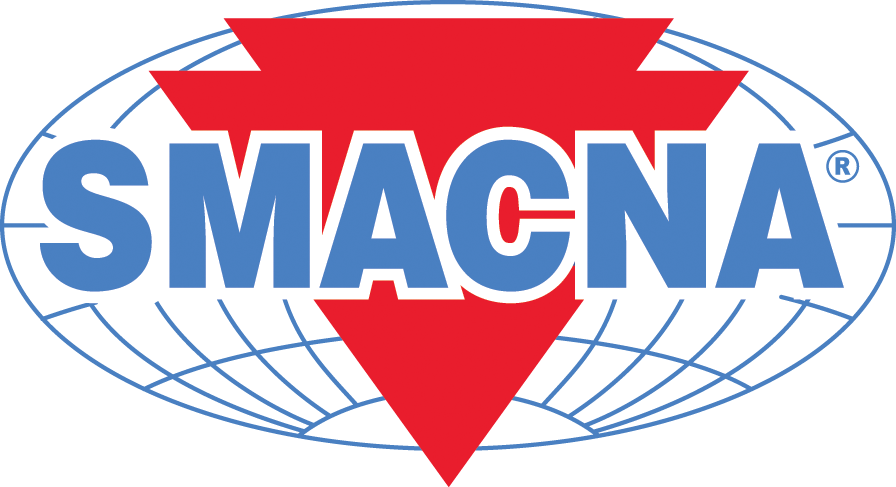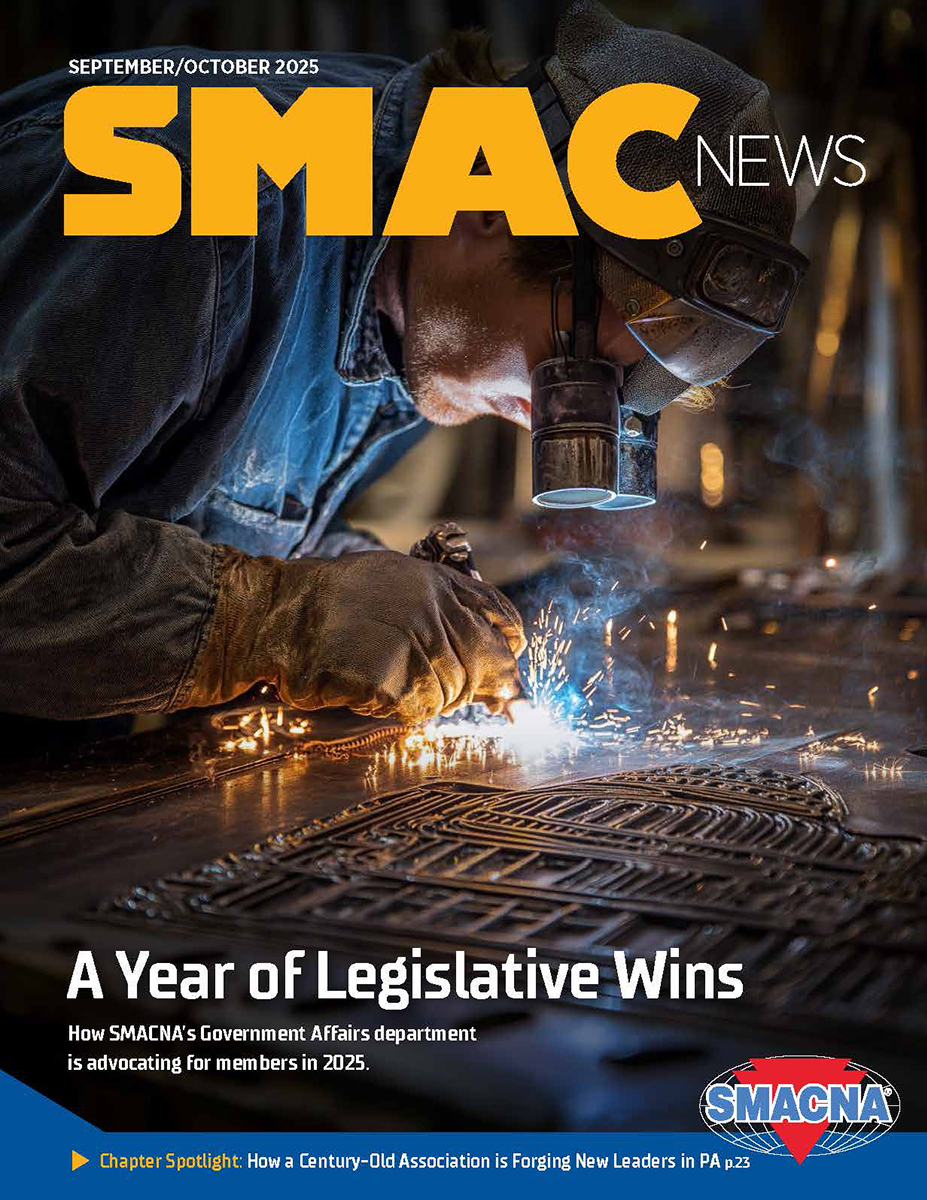A Year of Legislative Wins
How SMACNA’s Government Affairs department is advocating for members in 2025.
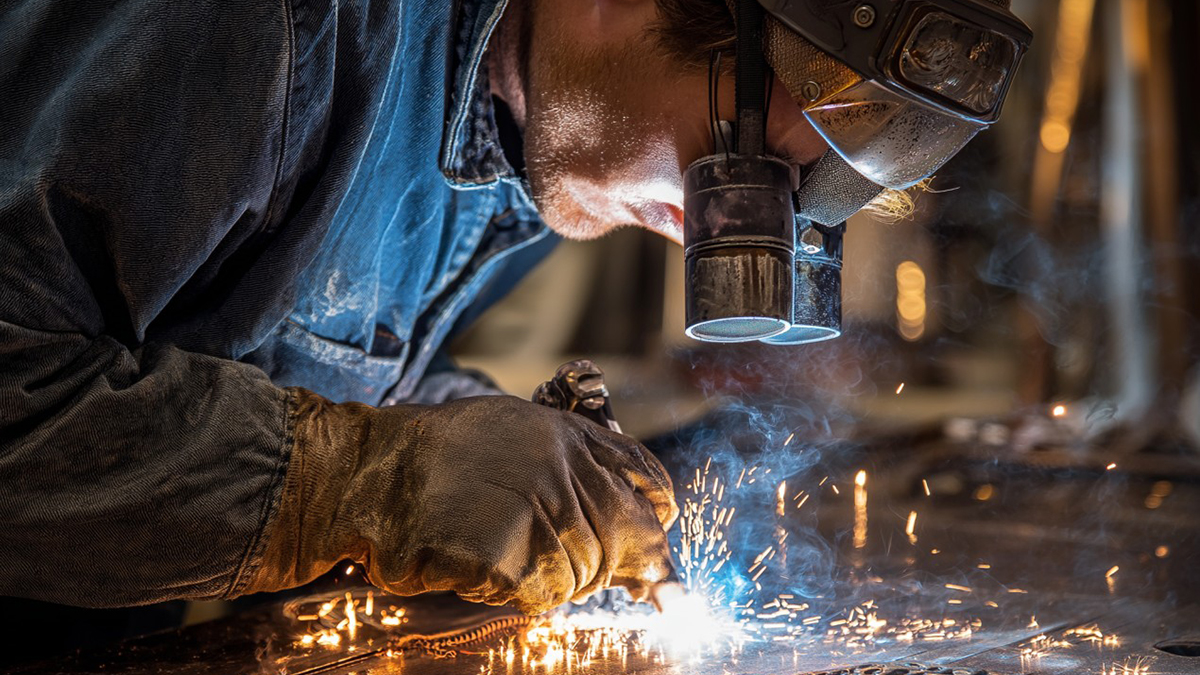
In a year that has already presented unprecedented challenges for contractors and the construction industry, the Government Affairs department at SMACNA, under the leadership of Stan Kolbe, has quietly but effectively battled to deliver significant legislative victories on behalf of its members. Here, SMACNews spotlights the hard-fought wins in Washington and across the states, as well as reminds members how they can engage with this crucial work.
“From my perspective, 2025 has been far better to date than we expected,” Kolbe emphasizes. While the ever-changing and historic level steel, aluminum and copper tariff rates were predicted in our 2025 outlook, and the political environment remains challenging, we have witnessed many significant advances for our policy goals in the 119th Congress.
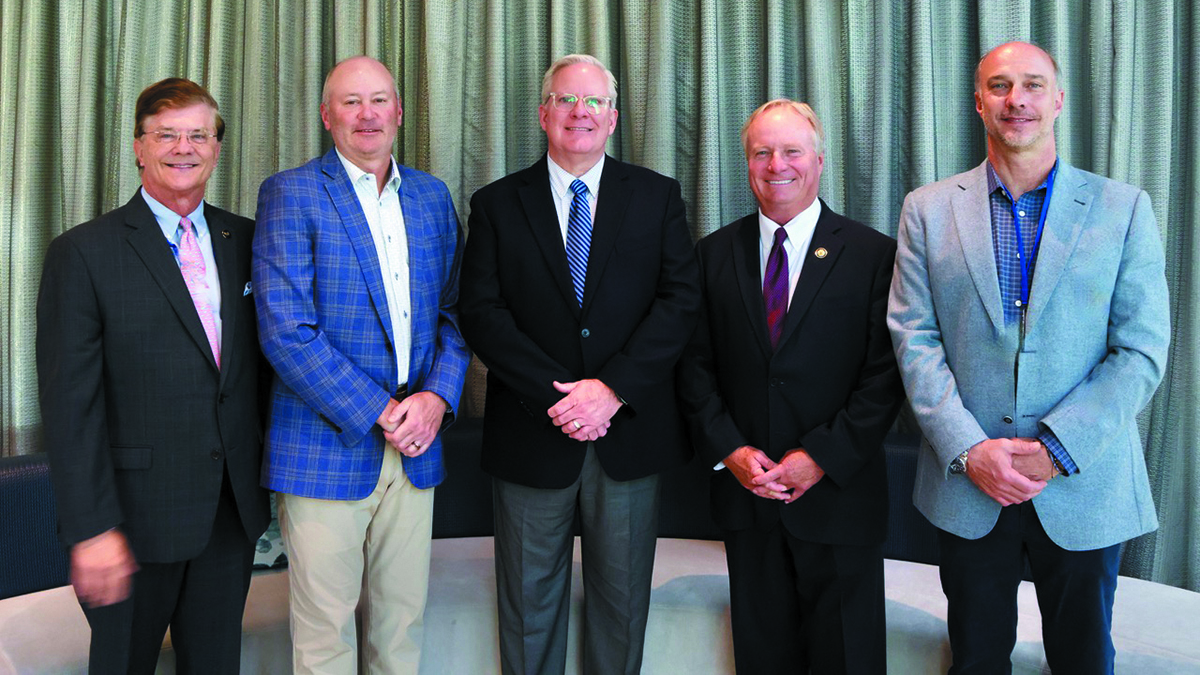 | 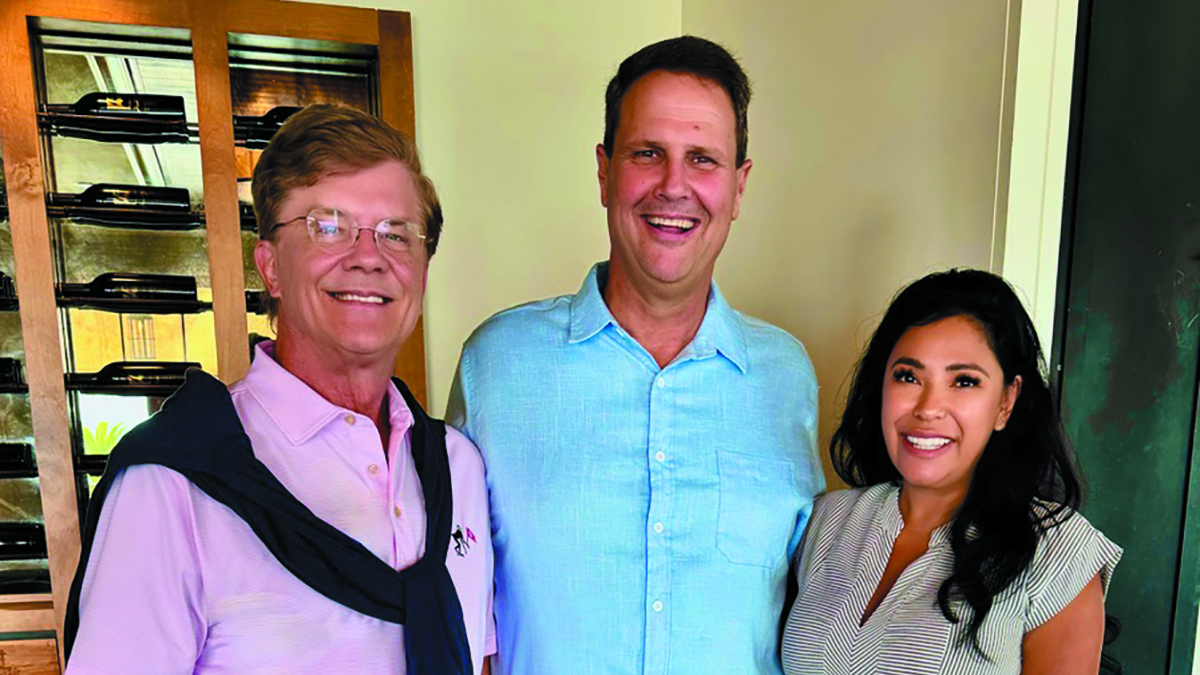 |
-at-ca-political-retreat-1200x675.jpg?sfvrsn=e36e59f1_1) | 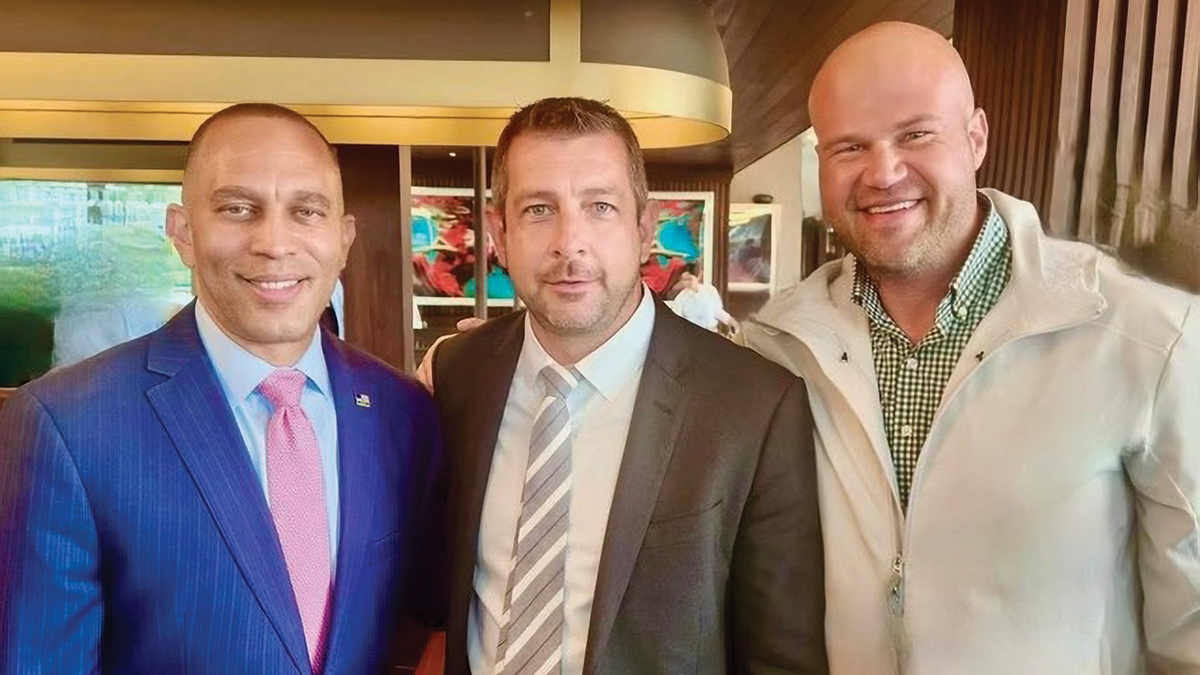 |
Stan Kolbe with Rep. Dave Joyce (R-Ohio), Georgia Chapter CEO John Sindyla, GA Committee member Rob Schimmelpfennig and SMACNA President Tom Martin (top left); Stan Kolbe with Rep. Jeff Crank (R-Colo.) and SMACNA Pacesetter Carmen Koo (top right), Stan Kolbe with Rep. Don Bacon (R-Neb.) (bottom left), SMACNA members Warren Gunning with House Minority Leader Hakeem Jeffries (bottom right).
“Although we are in the first quarter of this Congress, we’ve protected what mattered most to the majority of our members in the tax package, such as bonus depreciation, equipment expensing, estate tax permanence, SALT cap increases and the R&D tax credits,” he adds. “We also joined countless coalition allies to score a number of real victories to extend important tax incentives for efficiency, CHIPS and energy grid enhancement enabling the fast-growing wave of data center projects. As I often say, it is what laws and programs you don’t lose each session that sometimes outweighs what you won in committee and on the floor. We, with our coalition allies, helped to push back efforts to eliminate tax preferences for municipal bonds, preserved state and local tax deductions for businesses, and stopped the efforts to tax employee fringe benefit plans. All these defensive efforts preserved construction markets and sustained the health of employee benefit plans — no small outcome, most would agree.”
 | 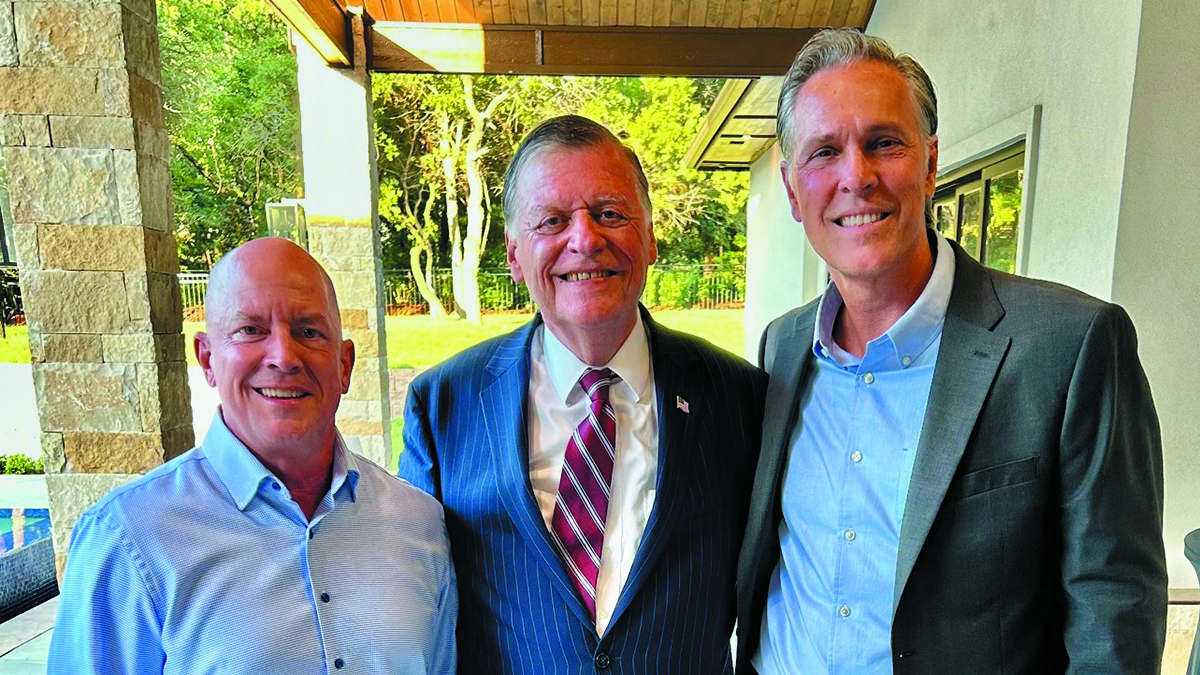 |
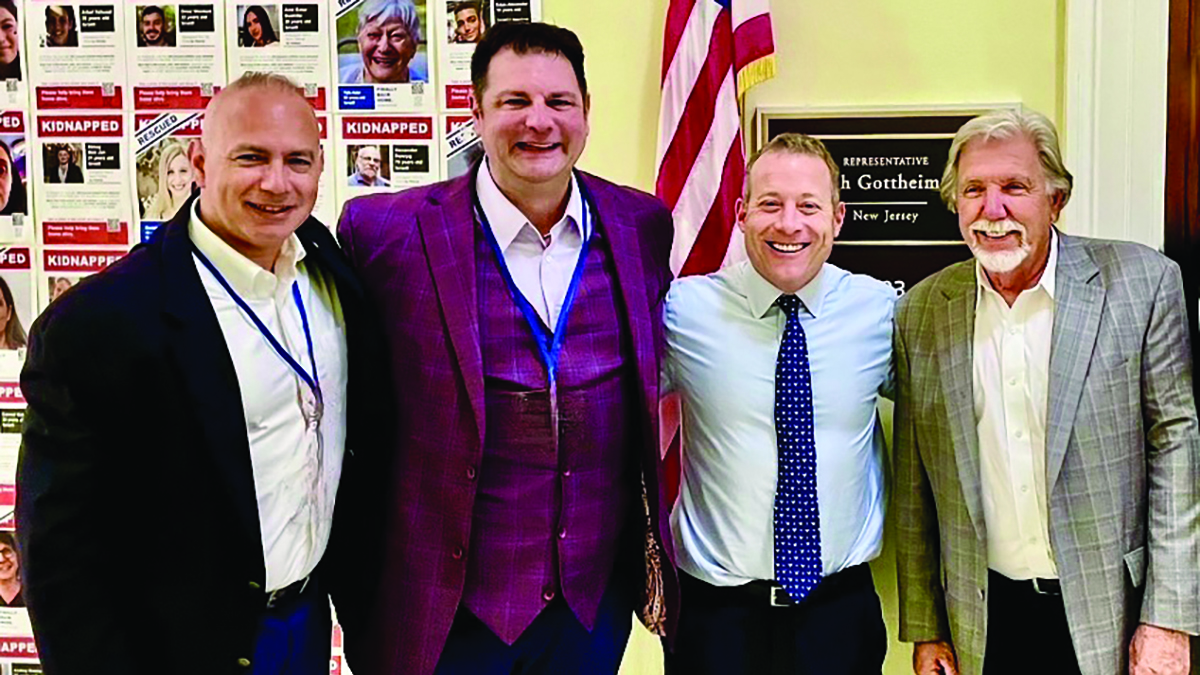 | 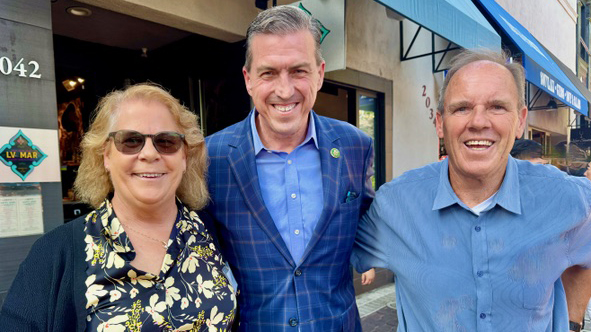 |
TOP LEGISLATIVE WINS IN 2025
The first nine months of 2025 have been remarkably productive in advancing legislative priorities vital to SMACNA members. Kolbe shares that while most of SMACNA’s contractors have been pleased and appreciative of the key policy wins in the tax bill, he knows they are expecting more positive results on legislative and regulatory issues that were not part of the mega tax and budget package signed into law July 4th (PL 119-15).
 | 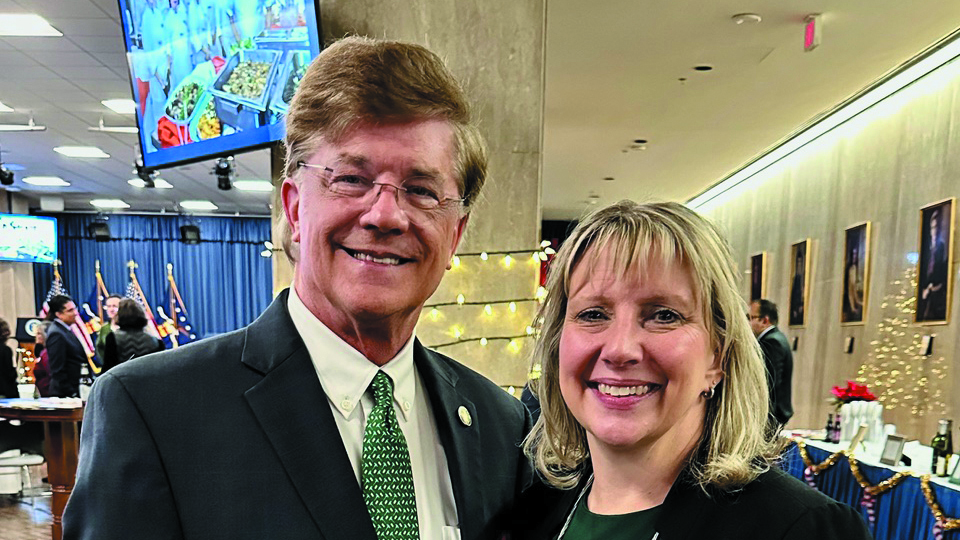 |
 | 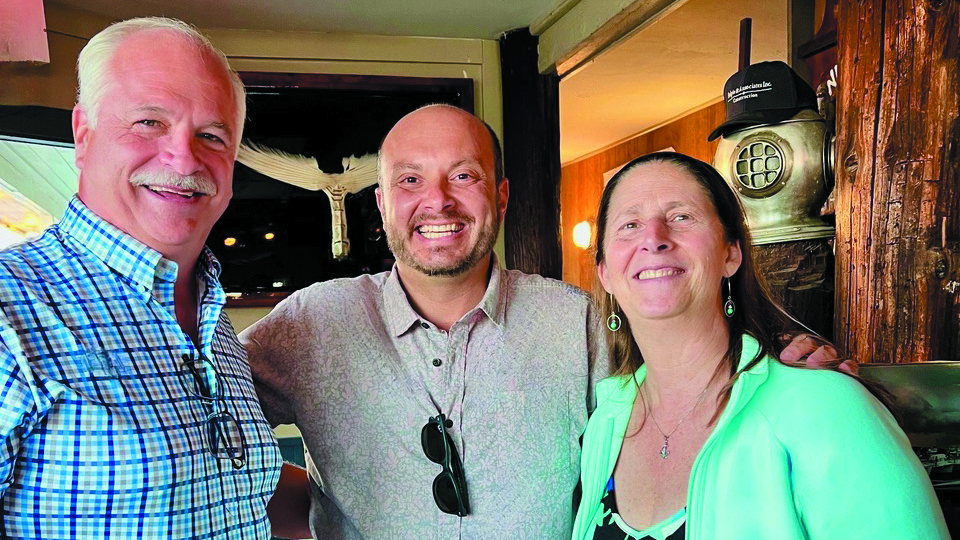 |
-on-capitol-hill-1200x675.jpg?sfvrsn=3a247c5f_1) | -smacna-consultant-erin-delaney-and-senator-dan-sullivan-1200x675.jpg?sfvrsn=22b31e1c_1) |
SMACNA member Dan Monahan and Paul Tonko (D-N.Y.) (top left); Stan Kolbe with DOL Wage and Hour Chief Jessica Looman last fall (top right); SMACNA members Robert Atwell and Jenn Atwell with Rep. Brendan Boyle (D-Pa.) (middle left), SMACNA Pacesetters Steven Benkovsky and Julie Benkovsky with, Rep. Andrew Garbarino (R-N.Y.) (middle right); Stan Kolbe, Carmen Koo, U.S. Secretary of Labor Lori Chavez-Deremer, Gina Medal and Carol Duncan (bottom left); Stan Kolbe with Senate Majority Leader John Thune (R-S.D.), SMACNA Consultant Erin Delaney and Senator Dan Sullivan (R-Alaska) at SMACNA's suite at Washington Nationals Park (bottom right).
The game plan for the rest of the 119th Congress is to urge industry champions in Congress to advance the key policies SMACNA members value. This would include more funding for indoor air quality in schools and public buildings, greater funding and tax credits for the CHIPS and Science Act and boosting grid financing and financial support for expanded data center development. We also will be advocating greater support for nuclear and other forms of grid development needed to support robust public and private investment.
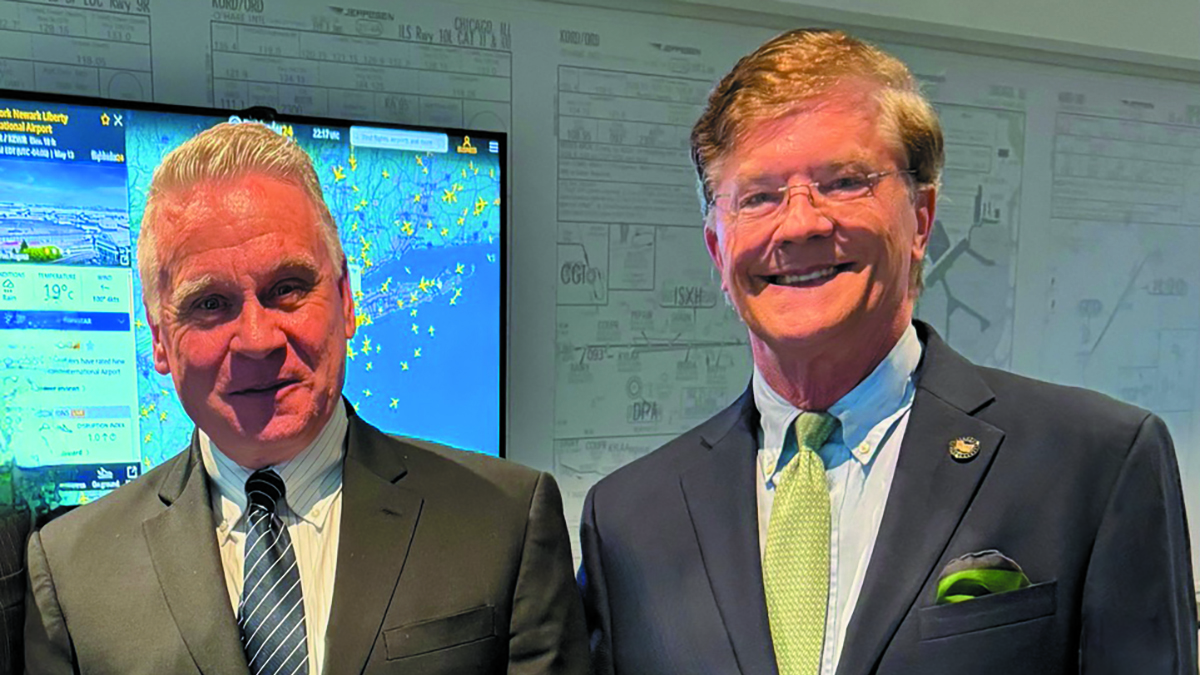 | 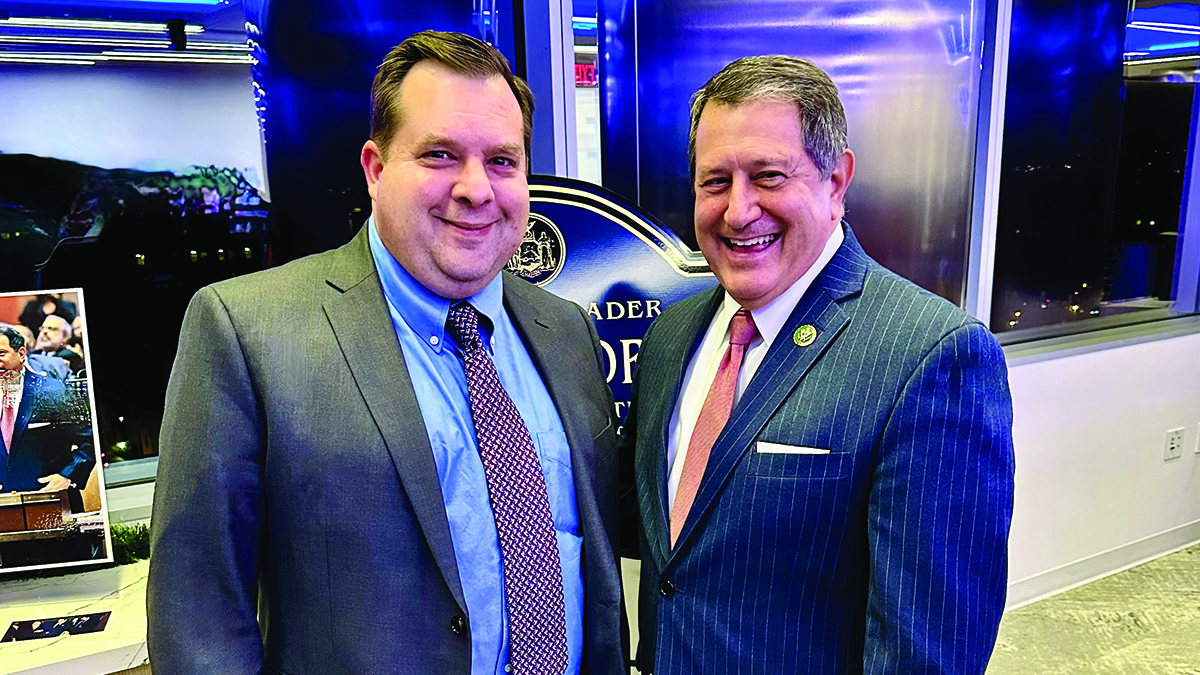 | 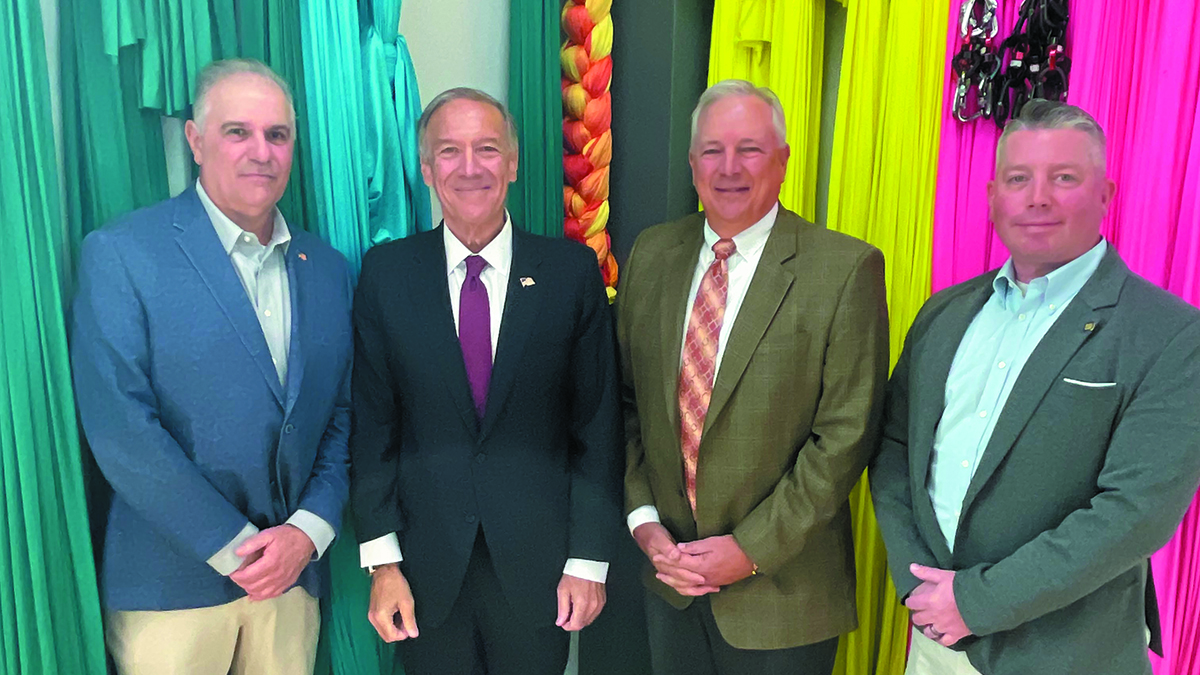 |
Stan Kolbe with Rep. Chris Smith (R-N.J.) at a Capitol Hill issue roundtable in June (left); SMACNA CEO Aaron Hilger with Rep Joe Morelle (D-N.Y.) (right); Former Secretary of State Mike Pompeo with SMACPAC ambassadors.
In addition, the Capitol Hill office is advocating for additional residential, commercial and industrial efficiency tax incentives that could be included in any second tax package that could develop before the end of the year or early next year. This would help support greater industry growth and market expansion. To date, thanks to dedicated advocacy, member engagement and strategic coalition partnerships, much has been achieved.
Secure Extension of R&D Tax Credits, Expensing / Section 179 Bonus Equipment Depreciation Provisions — Passed as part of HR 1 / P.L. 119-15. One of the landmark accomplishments this year is the extension of vital tax incentives, including research and development (R&D) credits and expanded bonus depreciation under Section 179. These provisions support investment in cutting-edge technology and critical equipment upgrades for SMACNA contractors and their client businesses. These tax strategies stimulate innovation and operational efficiency across the industry. “This group of tax incentive extensions are foundational for our members; they fuel growth and keep businesses competitive in a rapidly evolving market,” Kolbe emphasizes.
The CHIPS Act, promoting semiconductor manufacturing, has been transformed into a powerful 35% tax credit that benefits the construction workforce and suppliers in the sheet metal and HVAC sectors. As Kolbe explains, “When the president threatened to eliminate the CHIPS program and credit, we mobilized swiftly. Now, with bipartisan support, it’s stronger than ever, channeling more funding to megaprojects that depend on our contractors and employ SMACNA member workforces.”Defend the Inflation Reduction Act (IRA) Tax Incentives for Private Construction Incentives / Public Projects. SMACNA vigorously defended the tax incentives found within the Inflation Reduction Act, which have become pivotal in driving private construction investments and public infrastructure projects benefiting sheet metal and HVAC contractors. These incentives encourage energy-efficient upgrades and sustainability efforts, positioning SMACNA members at the forefront of clean construction initiatives. “The IRA tax credits aren’t just policy wins; they’re opportunities for our contractors to lead the energy science and tech industry toward a more resilient future,” Kolbe says.
FAA 5 – Year $130 Billion Reauthorization: New HVAC Energy Efficiency Work / Terminal Energy Upgrades. The FAA’s five-year, $130-billion reauthorization unveiled new avenues for energy efficiency work, specifically targeting HVAC upgrades at new and existing airport terminals nationwide. This legislation also incorporated provisions under the SAFE Act, enhancing safety and workforce development standards essential to federal construction projects. These investments create significant opportunities for SMACNA members working on airport modernization nationwide. According to Kolbe, “This reauthorization is about future-proofing infrastructure and delivering safer, more efficient projects with a high level of indoor air quality (IAQ) all dependent on members from our industry.”
Promote the Change Order Reform / Small Business Payment for Performance Act. SMACNA has renewed its call for Congress to endorse the Change Order Reform Act, formally known as the Small Business Payment for Performance Act. This bill would provide much-needed federal contractor payment reform by requiring government procurement officials to provide contractors with far more prompt payment on at least half of completed change orders, with expedited resolution procedures for remaining tariff-boosted material costs. The legislation aims to reduce financial uncertainty on federal projects, a major challenge for small contractors deserving of economic price adjustments on construction materials the government unexpectedly tariffed in March.
“Change orders have long been a thorn for our legion of federal contractors,” Kolbe says, “and this bill, championed in part by Congressman Pete Stauber, has earned broad bipartisan backing in past sessions of Congress. It represents an essential correction in federal contracting payment fairness. It’s a game-changer for small business contractors across the country with economic security at stake on public works.”Support Nuclear Energy Financing, Licensing, and Advanced Technology Act — Now Law. Another significant victory this summer is greater nuclear industry tax incentives and financial support for the recently enacted ADVANCE Act, accelerating deployment of advanced nuclear energy technologies serving data centers and industrial production growth. This statute, now with more federal support, directs the Nuclear Regulatory Commission to fast-track next-generation nuclear reactors, fostering innovation within the energy sector, which in turn impacts the industrial sector demand for specialized HVAC and sheet metal system installations. “Supporting advanced nuclear technologies aligns with SMACNA’s commitment to sustainable, low carbon industrial growth,” Kolbe says.
Defend PLAs / Davis-Bacon Act — Oppose Prevailing Wage or Harmful Reform or Repeal Bills. Protecting project labor agreements (PLAs) and upholding the Davis-Bacon Act remain high dual labor standard priorities as SMACNA anticipates legislative threats aimed at repealing or weakening these standards. PLAs ensure fair wages and quality labor conditions, critical to project success and workforce quality and stability. “We’re vigilant against any attempt to undermine these protections,” Kolbe says. “They’re fundamental to our members’ ability to deliver world-class work in a civilized and quality driven public construction sector.”
IAQ in Schools Act (H.R. 5123) and IAQ Commercial Building Assessment Tax Credit – Reintroduction in 2025. Indoor Air Quality (IAQ) continues to gain legislative focus at the local, state and federal levels. SMACNA has boosted its media and legislative focus and supports for the IAQ in Schools Act and a corresponding tax credit for commercial building IAQ assessments. These efforts respond to growing public health awareness, linking air quality improvements with health, safety and energy efficiency. As Kolbe emphasizes, “By championing IAQ legislation, we’re positioning our members at the forefront of safer, healthier building environments.”
Boost Registered Apprenticeship: Support Funds for Skilled Workforce Development Programs in 2025. Workforce development remains a pillar of SMACNA’s agenda, with bipartisan efforts expected by the Department of Labor (DOL) and in Congress in 2025. The goal remains to enhance greater support and funding for registered apprenticeship recruitment, support and oversight efforts. These initiatives should address the industry’s decades-long high skill labor shortage by cultivating new entrants of skilled tradespeople, essential to sustaining future industry growth. “Investing in apprenticeships is investing in the future of our industry,” Kolbe says. “It’s how we ensure there will be a future generations seeking a skilled workforce career.”
Commercial Conversion Tax Credits – Reps Carey (R-OH) and Gomez (D-CA) on Ways and Means Committee. SMACNA is supporting Representatives Carey and Gomez as they advance their innovative commercial building conversion tax credits bill. The tax initiative is designed to quickly incentivize and stimulate commercial building retrofits, reuse and upgrades. These credits align with federal energy efficiency conversion goals while expanding commercial to residential contracting opportunities for sheet metal contractors. “This tax credit initiative opens new avenues for our members to participate in transformative projects, leveraging technology and sustainability,” Kolbe says.
Tackling Tariff Challenges with Pragmatic Advocacy. While tariffs remain a hot-button issue impacting the bottom lines of SMACNA members, SMACNA’s approach is measured and focused on material supply cost mitigation. Instead of escalating political conflict, the Government Affairs team is advocating for change order reforms that allow contractors to recoup costs caused by tariffs; proposals urging federal agencies to better recognize these cost changes in contracting rules; and efforts ensuring tariff-induced expenses are tax deductible, correcting current inequities.
“We acknowledge that the historic tariff uncertainty presents new and unique challenges for contractors but seek practical cost recognition accounting and procurement solutions to minimize contractor financial turmoil,” Kolbe says.
GOVERNMENT AND POLITICAL AFFAIRS BEYOND CONGRESS: STATE GOVERNMENT RELATIONS
State capitols are where many of the rules that shape our businesses — and the communities SMACNA serves — are written. From tax policy to public health standards to procurement rules, the decisions made closer to home often move fastest and reach furthest. That’s why SMACNA’s state government relations work is laser-focused on three things: healthier buildings, smarter tax systems and expanding the market share for our members. This is being done by assisting chapters to feature a far more aggressive and comprehensive policy agenda that treats construction contractors as indispensable partners to state and local construction quality and economic growth.
From now through December, our team will continue working one-on-one with state and local chapters to plan effective advocacy days and set a focused policy agenda for the coming legislative sessions. IAQ funding streams and standards drive real projects with verifiable outcomes. A few victories and noted ongoing battles include:
- Advocating tax rules that reward investment in training, equipment and project quality.
- Leading a multi-state effort to support energy-efficient retrofit codes and standards
- Procurement and permitting reforms emphasizing safety, scheduling, and skilled labor.
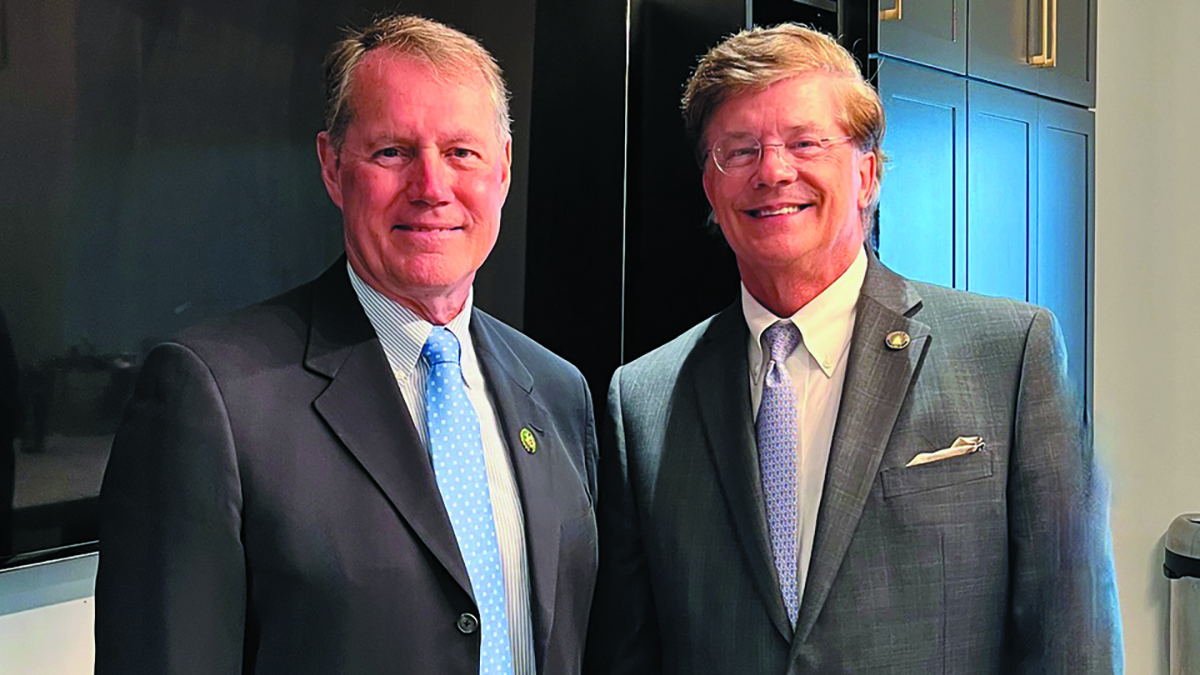 | 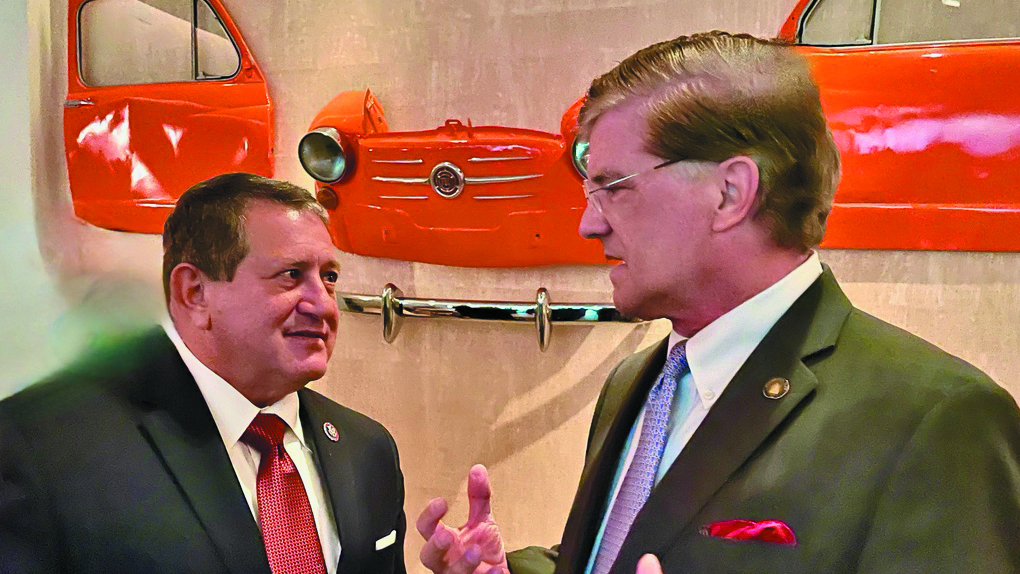 |
 |  |
Stan Kolbe and Rep. Ed Case (R-Hawaii) (top right); Stan Kolbe with Rep. Joe Morelle (D-N.Y.) on Capitol Hill talking about infrastructure (middle right); Rep. Dave Joyce (R-Ohio), Pacesetter Nathan Dills and Rep. Kevin Hern (R-Okla.) (bottom left); Stan Kolbe with Rep. Young Kim (R-Calif.) (page, bottom right).
THE POWER OF ENGAGEMENT: SMACNA'S POLITICAL AND LEGISLATIVE AMBASSADORS, CHAPTERS
Beyond constant and skilled advocacy by the Capitol Hill team on legislative initiatives, SMACNA recognizes that member legislative advocacy and political engagement is a necessary element to any effort to move Congress in the right direction. The Congressional ambassador program has grown dramatically in recent years involving many leading contractors in the effort to educate Congress on our industry and its priorities. The Congressional advocacy program is designed to provide members with structured opportunities to meet lawmakers, advance SMACNA policy positions and amplify SMACNA’s voice and impact across Capitol Hill and the agencies implementing passed and signed bills into law.
 | 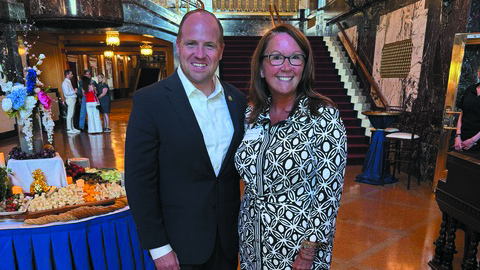 |  |
SMACNA President Tom Martin with Rep. Shontel Brown (D-Ohio) (left); Rep. Timothy Kennedy (D-N.Y.) and Rep. Lindsay James (D-Iowa) (middle); SMCA Chapter CEO Peter Jenkins, Rep. Mary Gay Scanlon (D-Pa.) and Ernie Menold Jr. (right).
Without question, Kolbe credits SMACNA’s vast network of informed, energetic and engaged contractor and chapter executive advocates with creating much of this year’s success. The ambassadors meet with their Members of Congress and Hill staff constantly — from coast to coast — keeping conversations flowing with legislators, staff, coalition business leaders and trade media outlets. These grassroots efforts translate into a more informed Congress producing vitally important results in the halls of Congress.
“Our ambassadors are the backbone of our outreach campaign effort to Congress,” Kolbe says. “They don’t just attend local, state and national policy events, seek handshakes and take photos, they are the face of SMACNA to Members of Congress and top staff. They represent the lifeblood of our advocacy. Our goal is to keep growing the contractor ambassador lobbying network, so every member that is interested can be empowered and participate.”
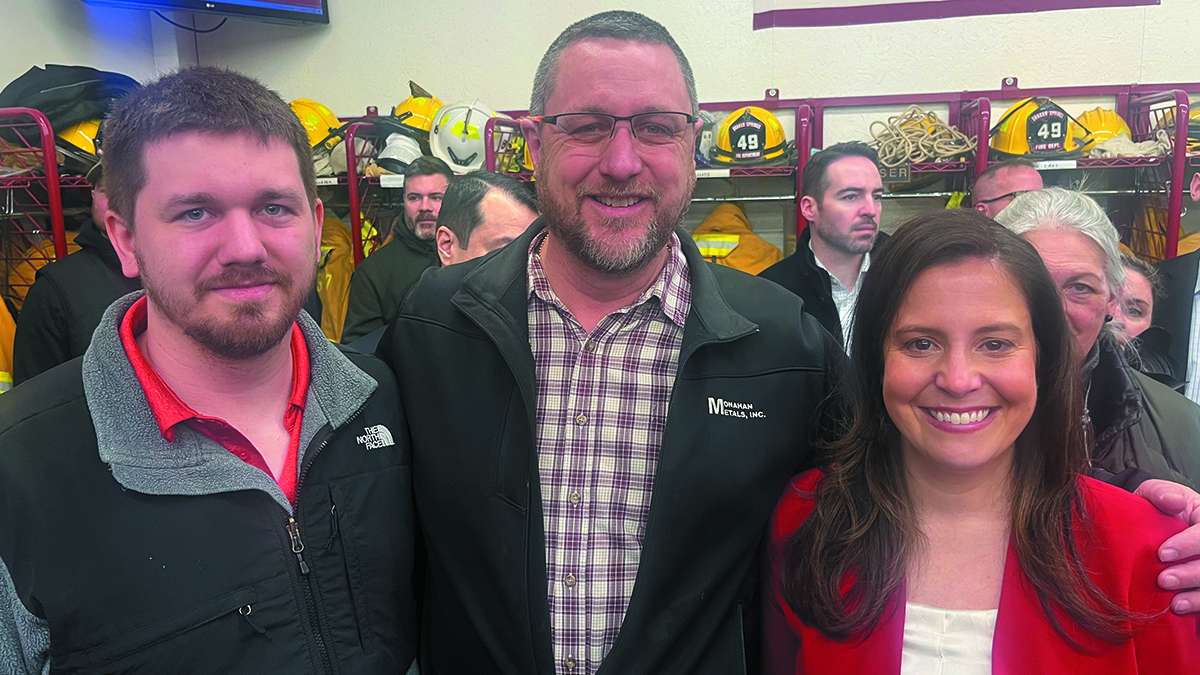 | 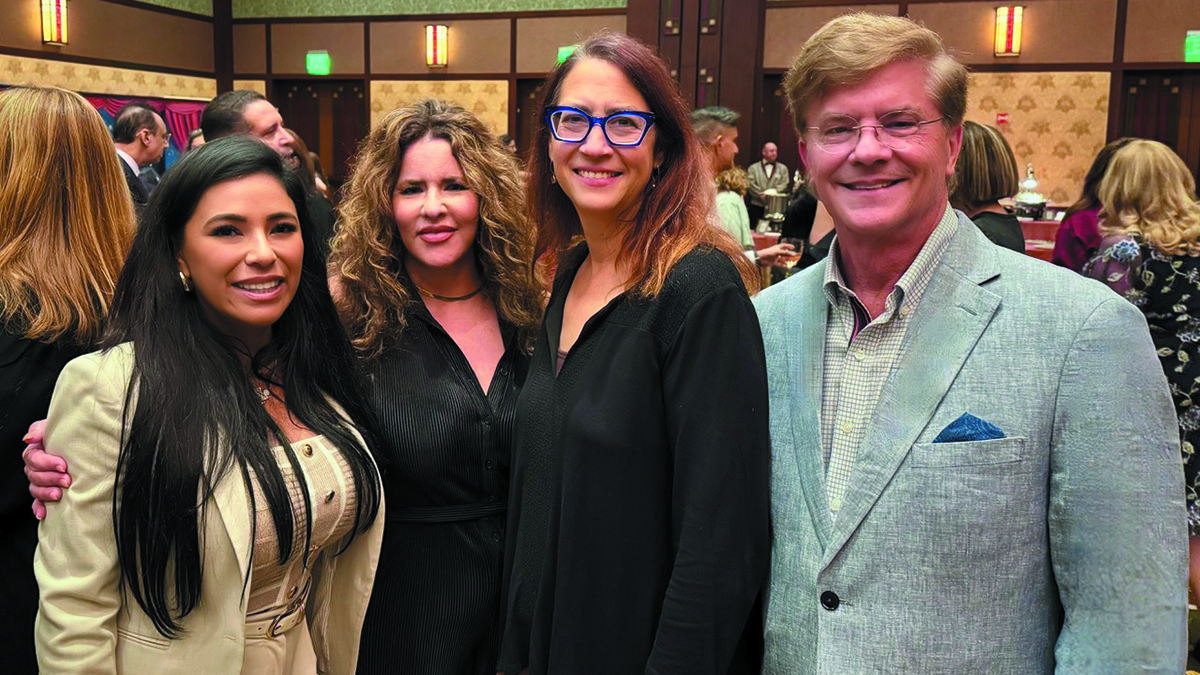 |
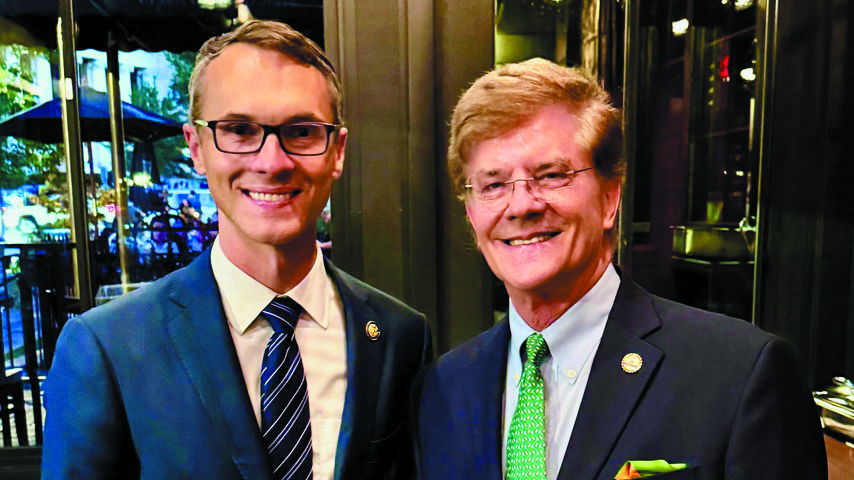 | 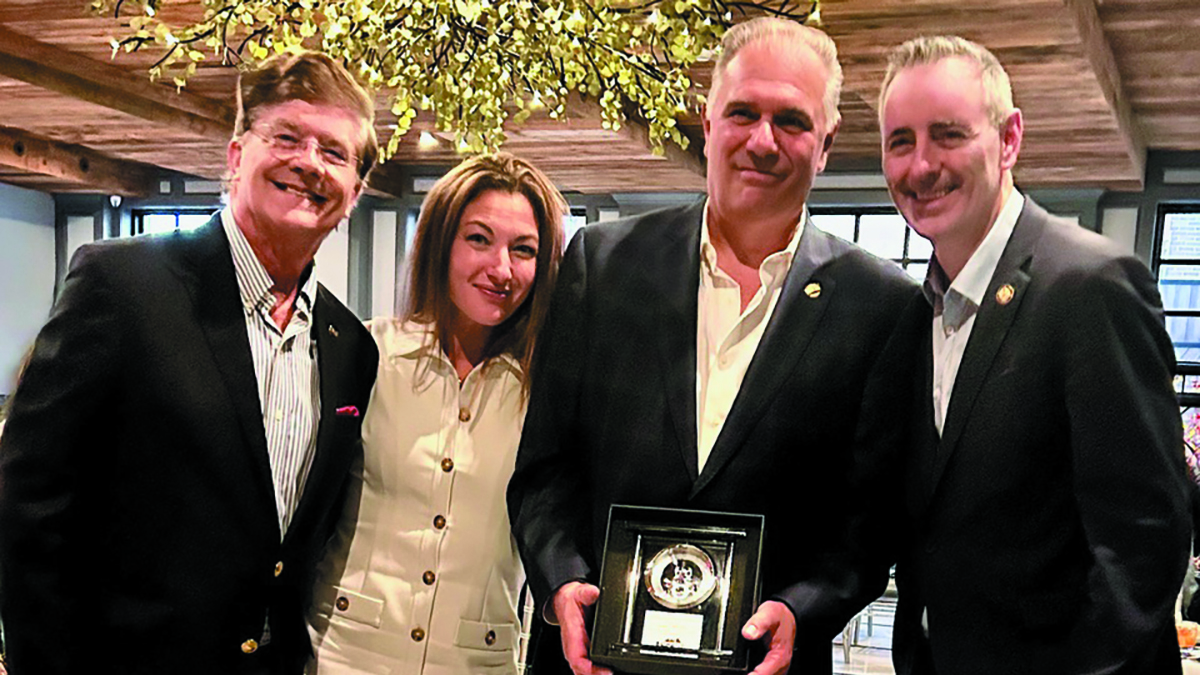 |
SMACNA has also boosted the number of Washington, D.C., and regional retreats and issue conferences and webinars specifically designed to educate contractor members on why political involvement matters and how every contractor can have an impact, if they engage.
Legislatively, Kolbe forecasts more hard work ahead, especially in navigating state-level issues. He calls for all SMACNA members to join the contractor and chapter advocacy program campaign and be as informed as possible to step up for SMACNA to grow its footprint in the policy space as well across the political landscape.
“We want to remind everyone that this is a team effort,” Kolbe urges. “It’s about keeping the industry strong and thriving to consistently advance our policy agenda to better serve all of our member businesses and the economic viability of their HVAC and related markets.”
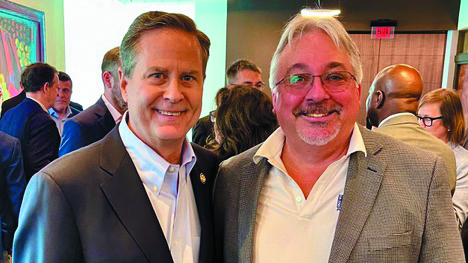 |  |
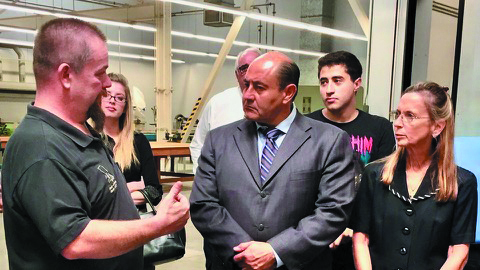 | 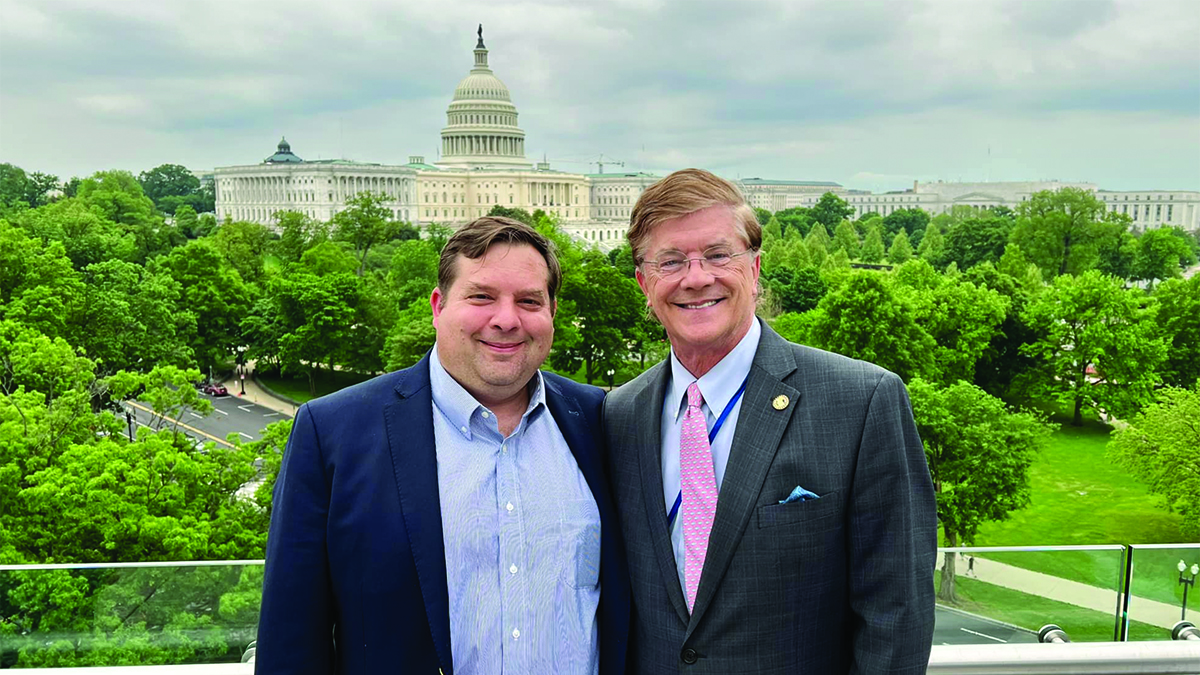 |
Rep. Donald Norcross (D-N.J.) with SMACNA member Gary Luthe (top left); Rep. Brian Mast (R-Fla) and SMACNA member Todd Byxbe (top middle); SMACNA pacesetter Karen Fox (on right) and Rep. Lou Correa (D-Calif.) touring a SMACNA facility (top right); SMACNA CEO Aaron Hilger and Stan Kolbe (bottom).
In a year fraught with extreme challenges and uncertainty, SMACNA’s Government and Political Affairs Department has achieved tangible wins that make a real difference to the bottom lines of every member market segment. From tax incentives to federal project payment reforms and pragmatic tariff solutions, the work of contractors, chapter executives and skilled and experienced Capitol Hill staff continues to pay dividends for the sheet metal industry.
As Kolbe says, “This is about more than policy. It’s about protecting contractor and workforce livelihoods, but it’s also about building a better contracting industry for industry leading HVAC firms. We’re proud of what we’ve accomplished, but even prouder that our members are playing the key leadership role on this exciting, ever changing policy journey.”
Published: October 21, 2025
IN THIS ISSUE
A Year of Legislative Wins
How SMACNA’s Government Affairs department is advocating for members in 2025.
Big Build, Bigger Challenge
Welsch Heating and Cooling delivers energy efficiency and architectural style on one of St. Louis’s largest residential projects.
Chapter Spotlight: PHILADELPHIA - How a Century-Old Association is Forging New Leaders
SMCA is cultivating young leadership, strengthening labor ties and expanding educational programs to keep Philadelphia’s sheet metal industry strong, sustainable and future-ready.
Construction Tax Planning Under the One Big Beautiful Bill
The One Big Beautiful Bill Act (OBBBA), a sweeping 2025 tax reform package, introduces wide-ranging changes to federal tax policy. While it may appear broadly applicable across industries, its impact on construction is direct and substantial.
Driving Fabrication Innovation
Dynamic Systems thrives by delivering mechanical construction precision through advanced technologies and streamlined digital workflows.
Fifth Circuit Finds NLRB Structure Likely Unconstitutional
On Aug. 19, the U.S. Court of Appeals for the Fifth Circuit halted unfair labor practice proceedings against three employers, most notably SpaceX, before the National Labor Relations Board (NLRB).
How Do Contractors Turn Policy Into Progress?
Contractors and SMACNA staff know advocacy matters. When members get involved, our voices are heard and we shape policies that protect and grow our industry.
How Getting Involved Can Make a Big Difference
SMACNA's President discusses the importance of engaging with lawmakers and reflects on his term.
Latest SMACNA Publications
Explore SMACNA’s latest publications with insights on BIM and IP, practical resources to help contractors improve projects, protect their businesses, and stay ahead.
More Than Just Another Office Project
SMACNA member Dee Cramer was hired to perform HVAC construction on a corporate campus built to harmonize with the environment.
Shining Symbol of Strength
Copper walls by General Sheet Metal define IBEW 48’s hall.
SMACNA’s Legacy of Government Relations
SMACNA's CEO discusses the significant role government relations have always played at SMACNA and details his own interaction with our team on the Hill.
The Majority of SMACNA Members Need a CTO
It’s no secret that our industry has seen a rapid digital transformation over the past two decades. From BIM and ERP systems to robotic layout and cloud project management, today’s contractors and fabricators have access to powerful tools.
Welcome New SMACNA Members
